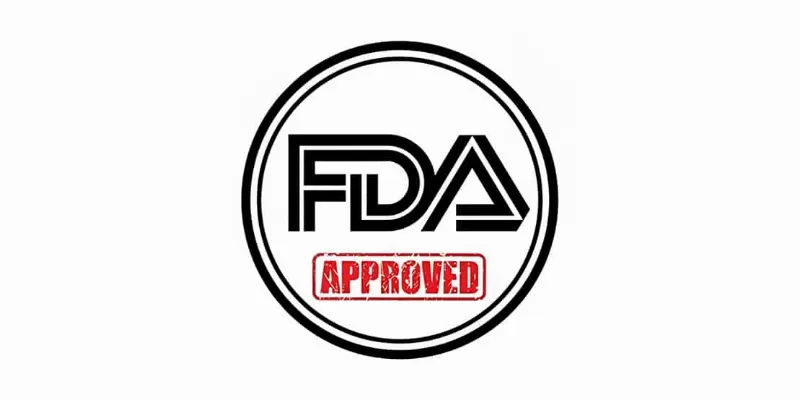FDA Approves Groundbreaking Gene Therapy for Children with Rare Genetic Disorder


FDA & EMA |
20 March 2024
The US Food and Drug Administration (FDA) has approved Lenmeldy (atidarsagene autotemcel), the first gene therapy for children with metachromatic leukodystrophy (MLD). This one-time treatment genetically modifies the patient's own stem cells, heralding a new era of hope for children affected by pre-symptomatic late infantile, pre-symptomatic early juvenile, or early symptomatic early juvenile MLD. It offers the first treatment option to halt the disease's progression.
MLD is a rare genetic disorder characterized by a deficiency of the enzyme arylsulfatase A (ARSA), leading to an accumulation of sulfatides in the brain and nervous system. This buildup results in severe damage to both the central and peripheral nervous systems, manifesting in loss of motor and cognitive functions, and ultimately, early mortality. Until now, management of MLD has been limited to symptomatic care and supportive treatments, with no cure available.
Dr Peter Marks, Director of the FDA’s Center for Biologics Evaluation and Research (CBER), hailed the approval as a breakthrough in pediatric medicine stating, “This is the first FDA-approved treatment option for children who have this rare genetic disease. We remain committed to advancing scientific and regulatory principles that enable the efficient development and review of safe, effective and innovative products that have the potential to change patients' lives.”
The Role of Lenmeldy
The approval of Lenmeldy, a one-time, individualized gene therapy, introduces a revolutionary approach to treating MLD. The treatment involves the collection and genetic modification of the patient's own hematopoietic (blood) stem cells to include functional copies of the ARSA gene. These modified stem cells, once reintroduced into the patient's body, engraft within the bone marrow and produce myeloid cells capable of producing the ARSA enzyme. This process aids in breaking down the harmful sulfatide accumulation and is hoped to prevent further progression of MLD.

Dr Nicole Verdun, Director of the Office of Therapeutic Products in CBER, highlighted the profound impact of advancing treatment options for MLD, noting: "MLD is a devastating disease that profoundly affects the quality of life of patients and their families. Advancements in treatment options offer hope for improved outcomes and the potential to positively influence the trajectory of disease progression. This approval represents important progress for rare diseases."
Lenmeldy's efficacy was demonstrated in a study involving 37 children, showing a significant reduction in the risk of severe motor impairment or death compared to untreated children. Remarkably, all children with pre-symptomatic late infantile MLD treated with Lenmeldy were alive at 6 years of age, in stark contrast to only 58% of untreated children.
Furthermore, the therapy showed promise in delaying motor and cognitive decline in children with pre-symptomatic early juvenile and early symptomatic early juvenile MLD. Eighty-five percent of the treated children showed normal language and performance IQ scores, indicating cognitive benefits.
However, the treatment does come with potential side effects, including fever, low white blood cell count, mouth sores, respiratory infections, and the risk of blood clots or encephalitis. As such, patients will require close monitoring post-infusion, including lifelong surveillance for hematologic malignancies.











Comments
No Comments Yet!